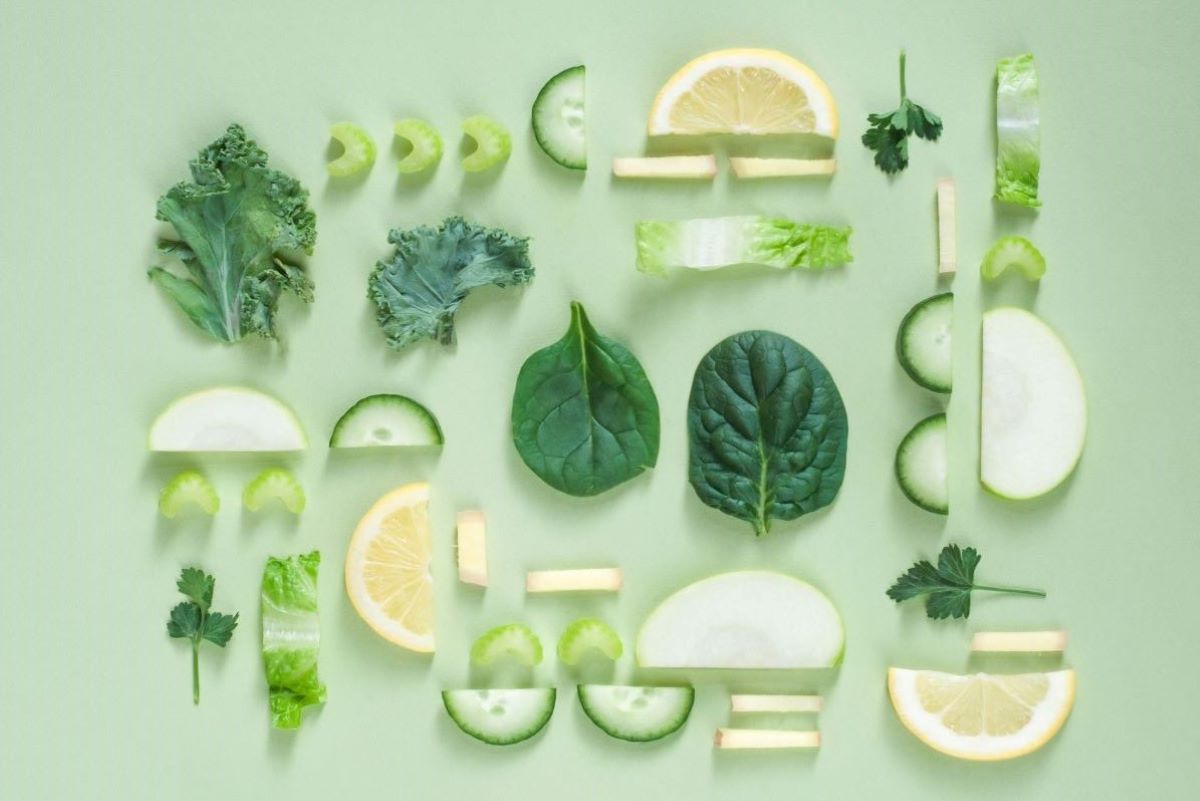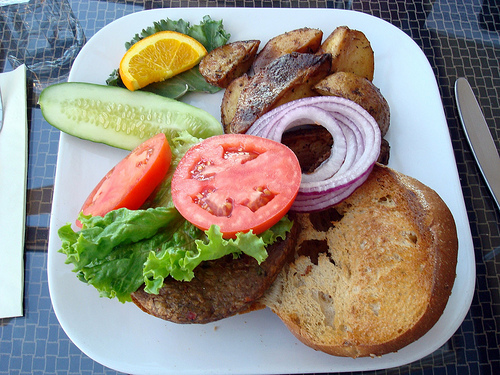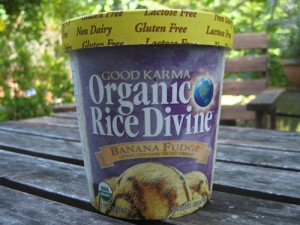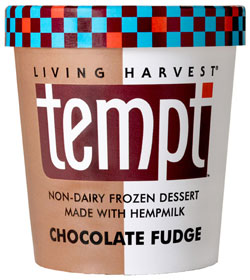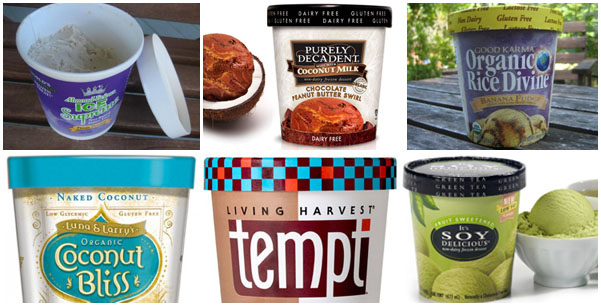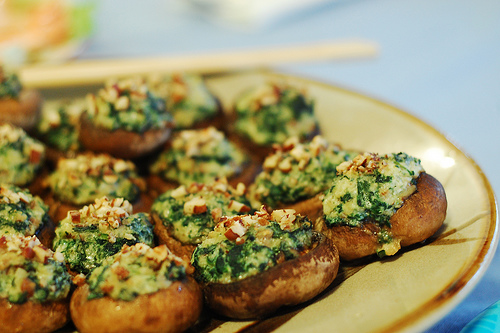Table of Contents
Collagen is crucial in maintaining our body’s overall health, including joint function, skin elasticity, and the well-being of our hair and nails. However, finding adequate sources of collagen can be especially challenging for vegans since many traditional collagen-rich foods are animal-based.
In this blog post, we’ll explore various plant-based alternatives that can help boost collagen production in the body without relying on animal-derived products. We will also discuss the effectiveness of vegan collagen supplements as an additional option to support a healthy lifestyle.
Collagen and Its Importance for the Body
Collagen is a key protein in the body that provides structural support to joints, skin, and hair.

Joint Health
Collagen is the most abundant protein in the human body, and is crucial in maintaining joint health by providing strength and flexibility to our connective tissues, such as cartilage, tendons, and ligaments.
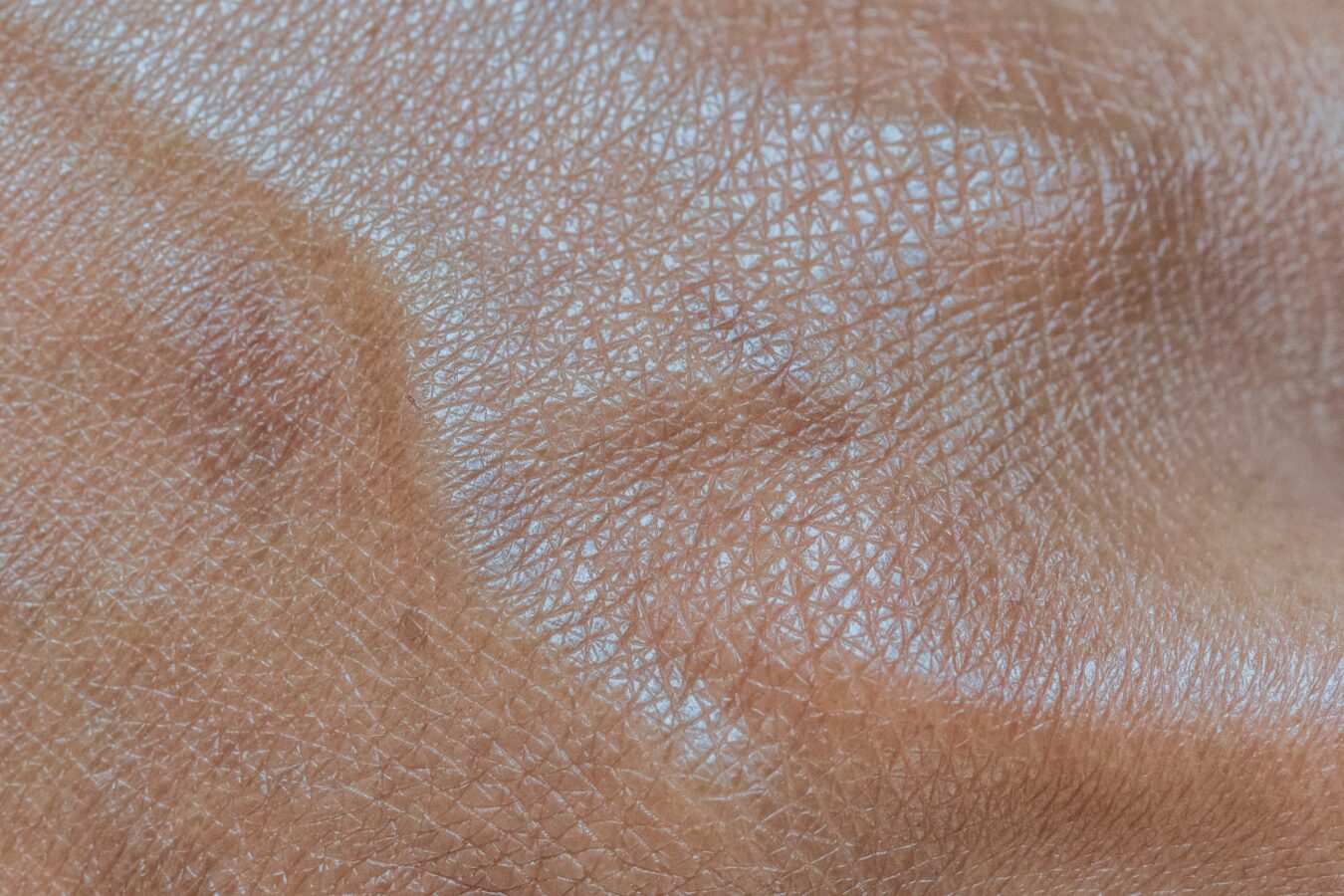
Skin Elasticity
Skin elasticity refers to the ability of our skin to stretch and bounce back to its original shape once pressure has been removed. With age or inadequate nutrition from dietary sources, our body’s collagen production can slow down, resulting in sagging skin prone to wrinkles.

Hair
Collagen is crucial in promoting healthy hair, as it constitutes a significant portion of the protein found in our hair strands. The high content of amino acids such as proline and glycine in collagen improves hair growth, enhances thickness, and strengthens roots.

Nails
Collagen is crucial for building strong, healthy nails. Without enough collagen, nails can become brittle and break easily. Luckily, plenty of vegan-friendly foods can help boost collagen production in the body.
Vegan Food Sources of Collagen
While non-vegans generally source their collagen through dairy, meat and gelatin, vegans have to turn to alternative sources for their collagen. Some good foods to help increase collagen production for vegans include dark leafy greens, whole grains and legumes, vitamin C-rich foods, nuts, and seeds.
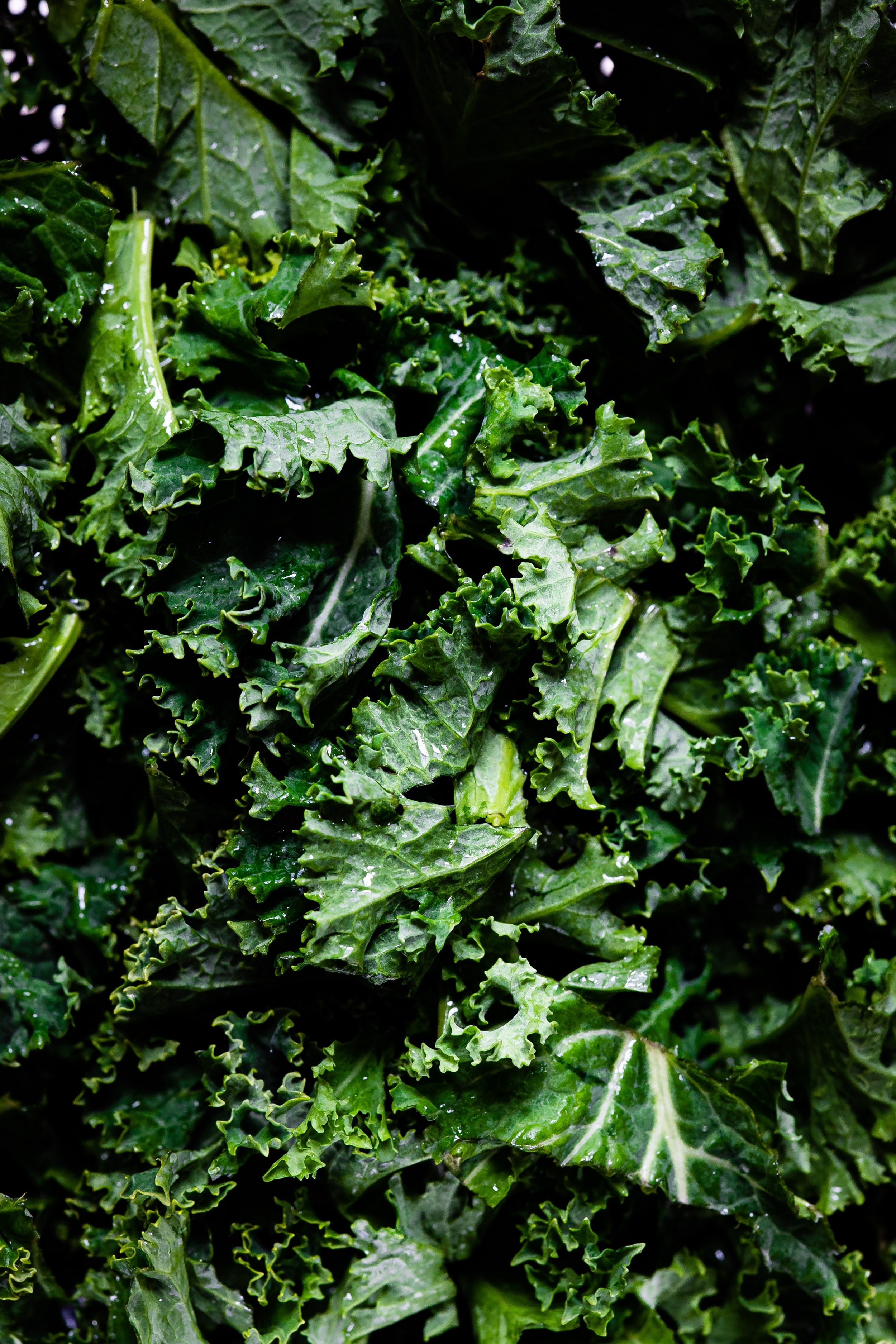
Dark Leafy Greens
Dark leafy greens, such as kale, spinach, and collard, are some of the most nutrient-rich vegetables. They contain many vitamins and minerals, including vitamin C, which supports collagen production in the body.
These veggies are also high in chlorophyll and antioxidants, which protect against oxidative stress that can damage collagen.
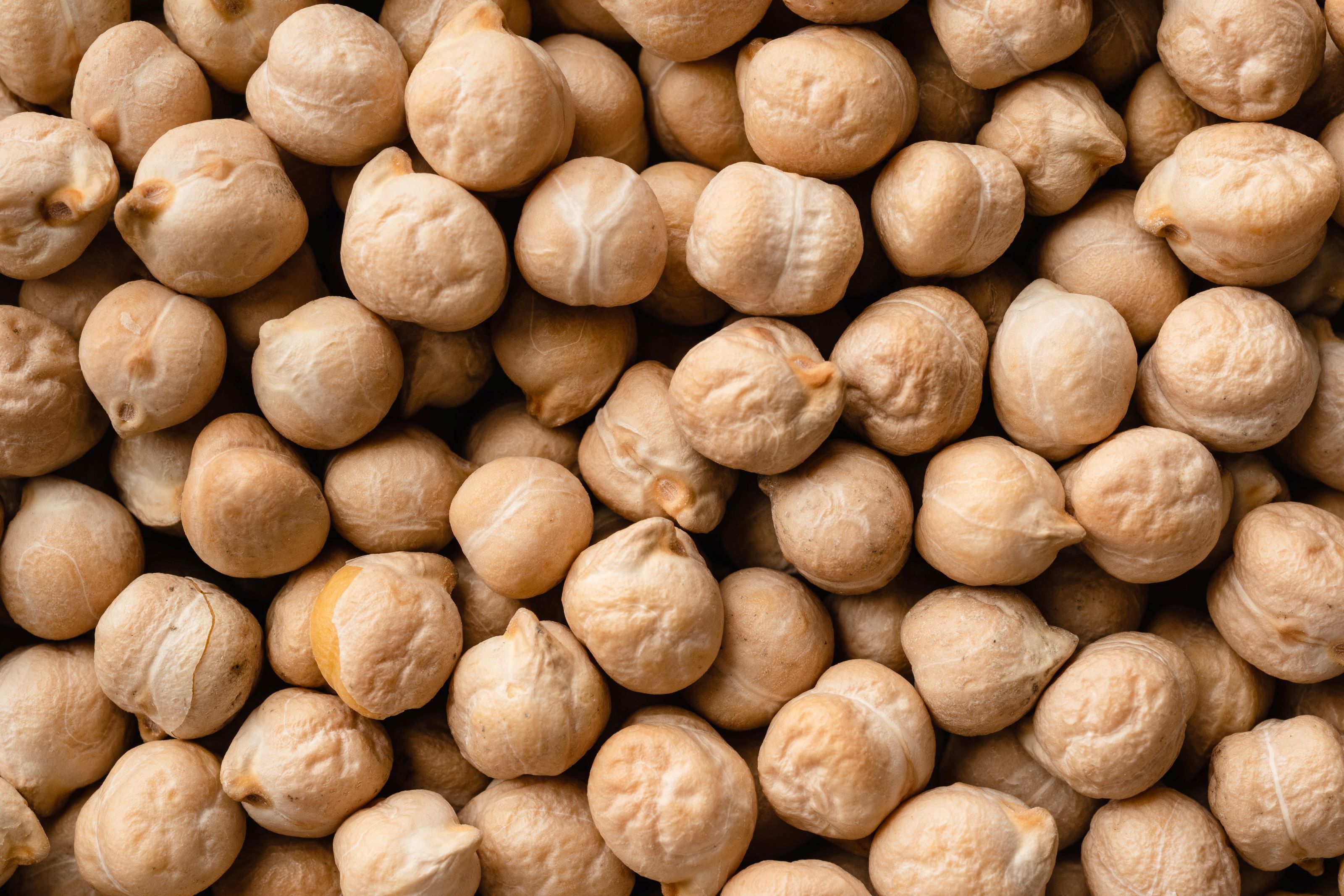
Whole Grains and Legumes
Whole grains and legumes are excellent sources of nutrients that aid in collagen-building. These vegan-friendly foods contain zinc and copper, which play important roles in the body’s collagen production.
It’s important to note that different types of legumes offer unique nutritional benefits. For example, red kidney beans provide a rich source of magnesium – another mineral needed for optimal collagen health – while soybeans contain phytoestrogens known to promote skin elasticity.
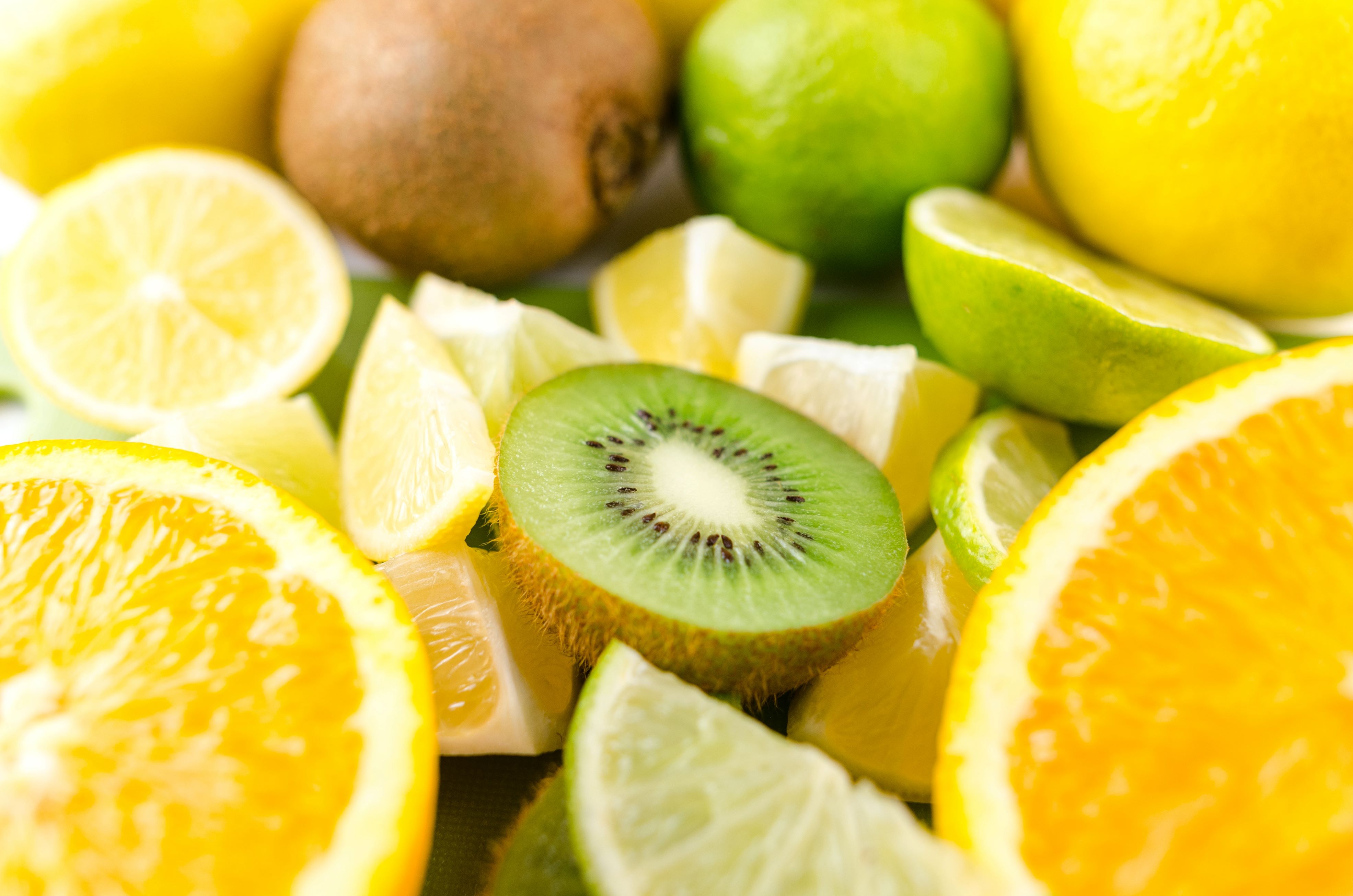
Vitamin C-rich Foods
In a vegan diet, one of the most critical components of collagen production is Vitamin C. Citrus fruits such as oranges and lemons, kiwis, and grapefruit are great sources of Vitamin C. Berries like blueberries also provide a healthy dose of antioxidants that help support collagen production.
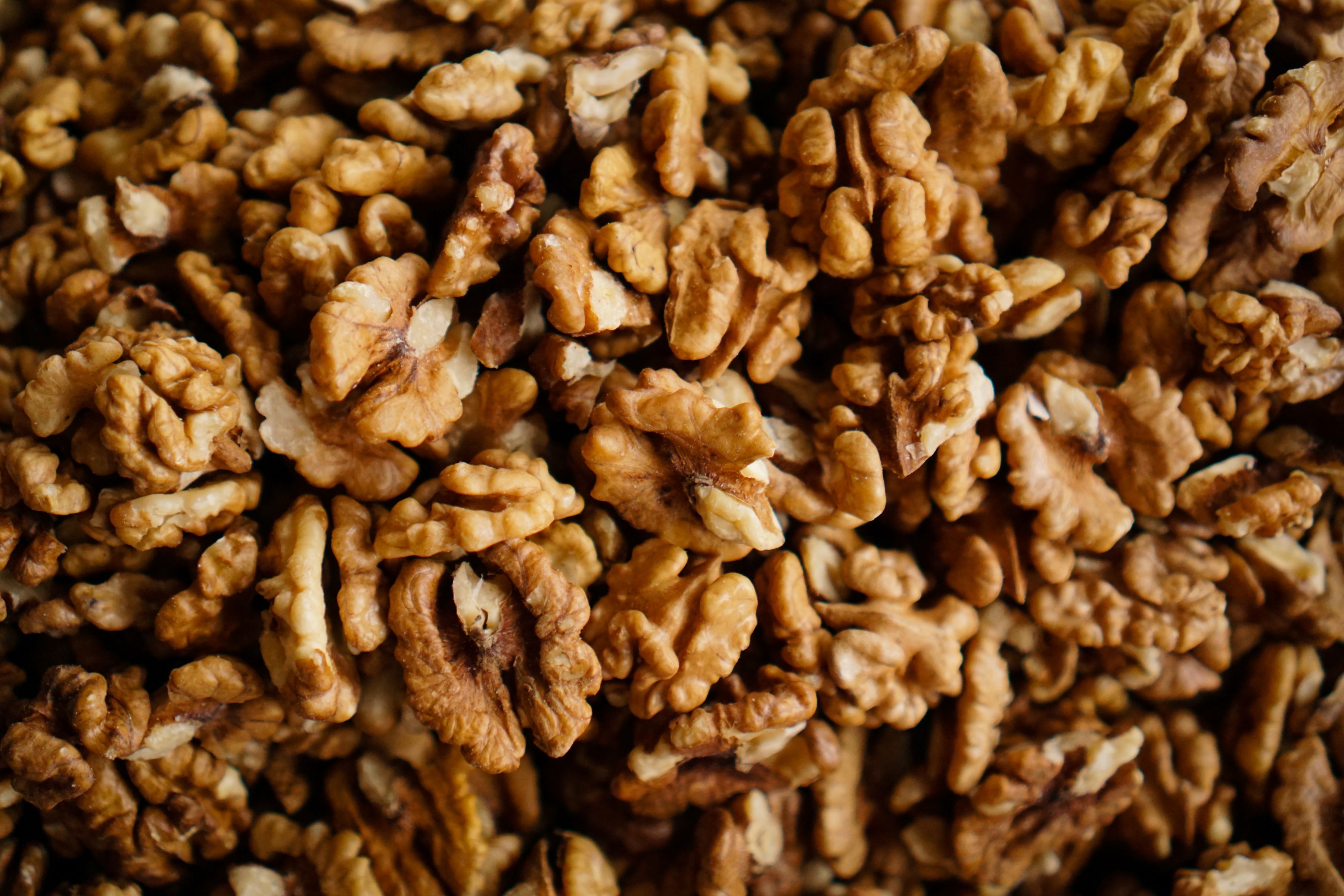
Nuts and Seeds
Nuts and seeds are a fantastic addition to any vegan diet looking to boost collagen production. They’re packed with protein, healthy fats, and minerals like zinc that can help support collagen synthesis in the body.
Some nuts and seeds high in these essential nutrients include pumpkin, sunflower, chia, pistachios, peanuts, and cashews.
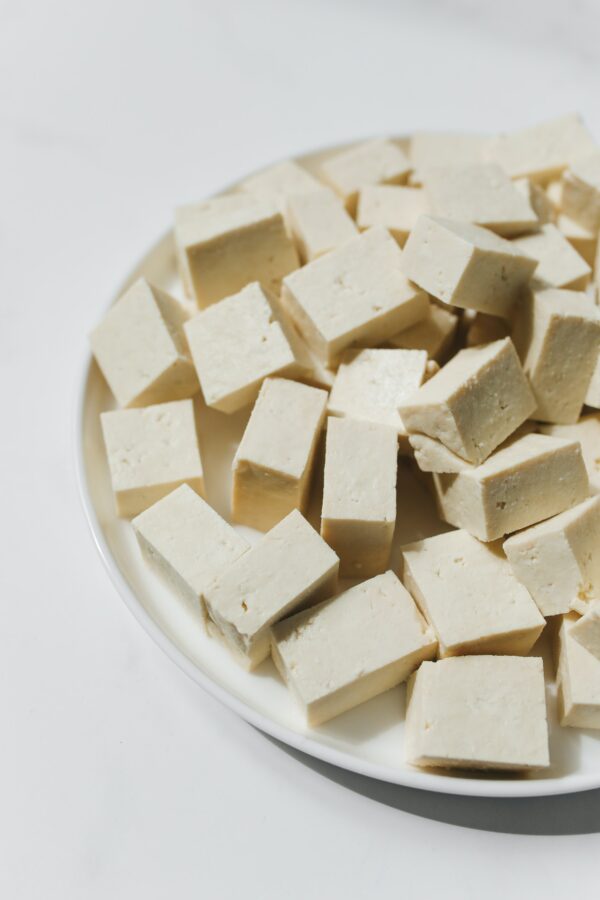
Soy Products
Soy products are an excellent source of collagen-boosting nutrients, particularly genistein, a plant-based compound found in soy that has been shown to stimulate collagen production and inhibit enzymes that break down and age the skin.
Tofu, tempeh, edamame, and soymilk are all excellent sources of soy-based protein, which provide the essential amino acids required for collagen synthesis.
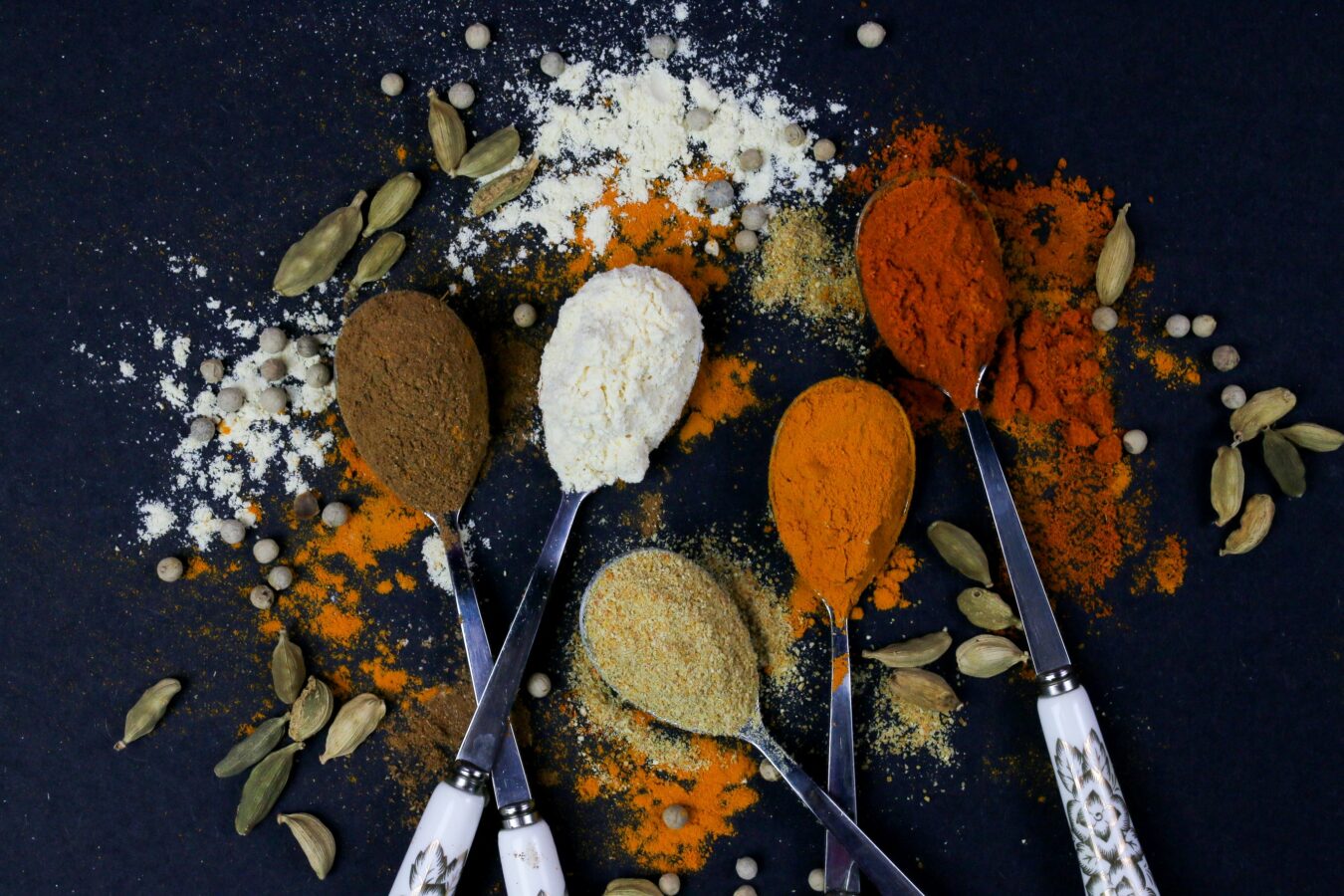
Herbs and Spices
Often overlooked, many herbs and spices offer significant antioxidants, which help protect collagen fibers from damage caused by free radicals. Cinnamon, for instance, has been found to protect collagen from oxidative stress, thus preserving the integrity of the skin. Other spices like garlic, contain sulfur, which is necessary for collagen production.
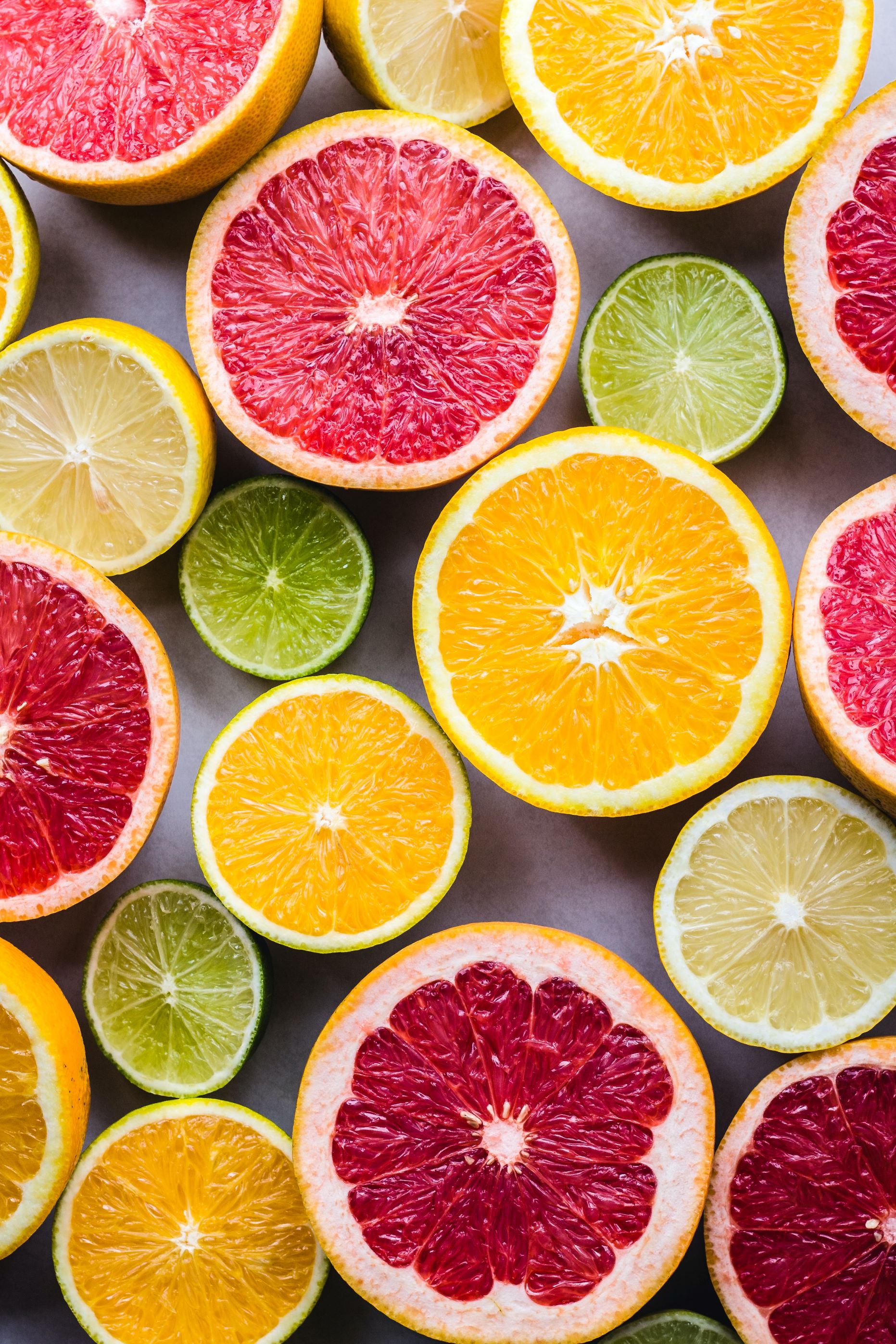
Hydrating Foods for Collagen Production
Hydration is crucial in maintaining skin elasticity and health, a significant aspect of collagen’s function. Consuming hydrating foods, primarily those rich in hyaluronic acid can support skin hydration and collagen production.
Foods like bell peppers, cucumbers, and celery are not only hydrating but also rich in antioxidants and Vitamin C.
Vegan Collagen Supplements
While it’s possible to obtain some collagen-boosting nutrients on a vegan diet, supplements may be necessary for those looking to increase their intake. Plant-based collagen supplements are becoming increasingly popular and can offer a convenient source of collagen-building amino acids like proline and glycine.
Zinc and copper are other nutrient deficiencies common in vegans that could impact collagen production. Supplements containing these minerals may also aid in boosting collagen levels.
It’s worth noting that despite claims made by supplement manufacturers, there isn’t strong scientific evidence to suggest that vegans require added supplementation for optimal skin health or joint function.
Despite this, it’s always advisable to consult a healthcare provider before adding new supplements. This ensures you address any nutrient gaps appropriately without risking potential nutrient imbalances or interactions.
Plant-Based Collagen Supplements
Finding collagen supplements can be challenging for vegans and vegetarians as they are typically made from animal-derived sources. However, some companies have created plant-based alternatives that use ingredients such as amino acids and vitamins to support the body’s natural collagen production.
Another option is amino acid supplements, specifically glycine, and proline. These two amino acids are the building blocks of collagen protein in the body and can help increase overall collagen levels when taken regularly.
Ultimately our bodies have remarkable regenerative abilities given proper nutrition through foods rich in vitamin C or fruit antioxidants such as pomegranate juice before supplement intake to ensure optimal benefit through a holistic approach.
Choosing supplements from reputable brands that use high-quality, clean ingredients is important. Also, always read the label to check for any additives or allergens you want to avoid.
Amino Acid Supplements
Amino acid supplements are a great option for vegans looking to boost their collagen production. Amino acids, specifically glycine, lysine, and proline, are essential in the body’s ability to synthesize collagen.
These building blocks of protein can be sourced from plant-based foods such as legumes, nuts, and seeds, but sometimes it can be challenging to consume enough through diet alone.
That’s where amino acid supplements come in handy.
Vegans have plenty of options for boosting their collagen levels through diet and lifestyle factors alone; however, amino acid supplements offer an added advantage for those struggling to get enough from food alone.
Remember, while supplements can be a helpful tool, they should be used to complement a healthy diet and lifestyle, rather than replace them. It’s also essential to consult with a healthcare provider before starting any new supplement regimen.
Vitamin and Mineral Supplements
While a vegan diet can provide numerous sources of key nutrients for collagen production, incorporating vitamin and mineral supplements may still be beneficial. For example, vitamin C is essential for the body’s production of collagen, and many plant-based foods are rich in this nutrient.
However, taking a vitamin C supplement can ensure adequate levels in the body to support collagen synthesis. Zinc and copper are also important minerals for healthy skin and connective tissue function, which can impact collagen production.
Adding these minerals to your diet through supplements or fortified foods such as plant-based milks, can further support optimal collagen health on a vegan diet.
Again, it’s essential to consult with a healthcare provider to understand your unique nutritional needs before starting any new supplement regimen. They can help you determine the correct dosage and advise you on any potential interactions with other supplements or medications you might be taking.
Myth-Busting: Vegan Diets and Collagen Deficiency
There’s a common misconception that vegans are at risk of collagen deficiency. However, there is little scientific evidence to support this claim. Plant-based diets can promote collagen production by providing the necessary nutrients for the body.
While it may be more challenging for vegans to get sufficient levels of dietary collagen, there are several vegan-friendly sources of collagen-boosting nutrients such as vitamin C-rich citrus fruits and amino acid-rich legumes and nuts.
How the Body Produces Collagen
The body produces collagen through protein synthesis, combining amino acids to form new proteins. The amino acids needed for collagen production can be found in high-protein foods like cage-free chicken, grass-fed beef, and fatty fish.
These amino acids are then used to create procollagen, which is later modified into mature collagen.
Reducing exposure to harsh chemicals, such as in certain nail polish removers, is also beneficial, as they can compromise nail health. Furthermore, practicing good nail hygiene, such as keeping your nails clean and dry, can prevent conditions that could weaken your nails.
The Link Between Diet and Collagen Production
Eating a well-balanced diet with nutrient-dense foods is crucial for healthy collagen production. Collagen is made up of amino acids, which are the building blocks of protein.
In addition, several essential vitamins and minerals play a role in collagen synthesis, such as vitamin C, zinc, and copper.
However, it is essential to note that vegetarian sources of collagen are less effective than animal sources due to differences in amino acid composition.
Therefore, it might be beneficial for vegans to consider consuming fortified foods or supplements that can make up for these potential shortcomings. Additionally, incorporating a wide variety of plant-based foods into their diet can ensure a better balance of the necessary nutrients for optimal collagen production.
Collagen and Gut Health: An Underexplored Connection
Recent research suggests that collagen may play an essential role in gut health. It’s believed to aid in strengthening the gut lining, which can benefit those suffering from leaky gut syndrome or other digestive issues.
Vegan-friendly sources of collagen-enhancing nutrients such as spirulina, nutritional yeast, and chia seeds can help support gut health and, by extension, promote collagen production.
Collagen and Bone Health: The Essential Link
Just as collagen contributes to skin, hair, and joint health, it’s vital for maintaining strong and healthy bones. Collagen makes up a significant portion of bone structure, providing it the flexibility it needs to withstand stress.
Optimizing Collagen Production Through Sleep and Hydration
Lastly, sleep and hydration are crucial to optimal collagen production. Adequate sleep allows the body to repair and regenerate collagen, particularly in the skin.
Hydration is also vital, as water helps maintain the skin’s elasticity and suppleness, aiding collagen’s role. Drinking enough water and ensuring a good night’s sleep can support the body’s natural collagen production process, regardless of dietary choices.
Lifestyle Factors that Impact Collagen Production
Some lifestyle factors that can impact collagen production include exposure to UV radiation, smoking, poor diet, stress, and lack of sleep.
These factors are equally important to consider as dietary aspects when boosting collagen production. By focusing on a healthy lifestyle, you can support collagen synthesis and enhance overall wellbeing.
Tips For Promoting Collagen Production Through Lifestyle Choices
Promoting collagen production through lifestyle choices can help to maintain healthy skin and prevent premature aging. Quitting smoking, reducing your sugar and refined carb intake, protecting your skin from sun damage, and getting adequate sleep are all key factors that support optimal collagen production.
Additionally, regular exercise helps increase blood flow and promote oxygen delivery to the skin, aiding in collagen synthesis. Incorporating stress-reducing practices into your routine, such as mindfulness meditation or yoga, may also be beneficial since stress hormones like cortisol contribute to a breakdown of collagen in the body.
Regular intake of herbs and spices can be a delicious way to enhance your meals while promoting collagen health. Incorporating herbs such as rosemary, oregano, and thyme, which have antioxidant properties, can be beneficial too.
The Downside: Habits that Can Harm Collagen Production
Certain habits can have a detrimental effect on collagen production, which can lead to early signs of aging. Smoking is one common habit that negatively impacts collagen synthesis and leads to the breakdown of existing collagen fibers, resulting in wrinkles and fine lines.
Excessive exposure to UV light can also harm collagen production, pollution, and other environmental factors that produce free radicals. A high-sugar diet has been linked to glycosylated collagen, contributing to skin aging.
Beyond Diet: How Your Lifestyle Affects Collagen Production
In addition to diet, certain lifestyle factors can greatly impact collagen production and skin health. Exposure to UV rays and pollution can damage collagen and lead to premature skin aging.
Poor lifestyle habits such as smoking, excessive alcohol consumption, and lack of sleep have also negatively affected collagen production. On the other hand, regular exercise can promote healthy collagen levels by increasing blood flow and promoting cellular repair.
Besides exercise, adopting a regular skincare routine can also promote healthy collagen levels. Cleansing, exfoliating, and moisturizing your skin regularly and using skincare products rich in antioxidants can help to protect your skin from environmental damage.
